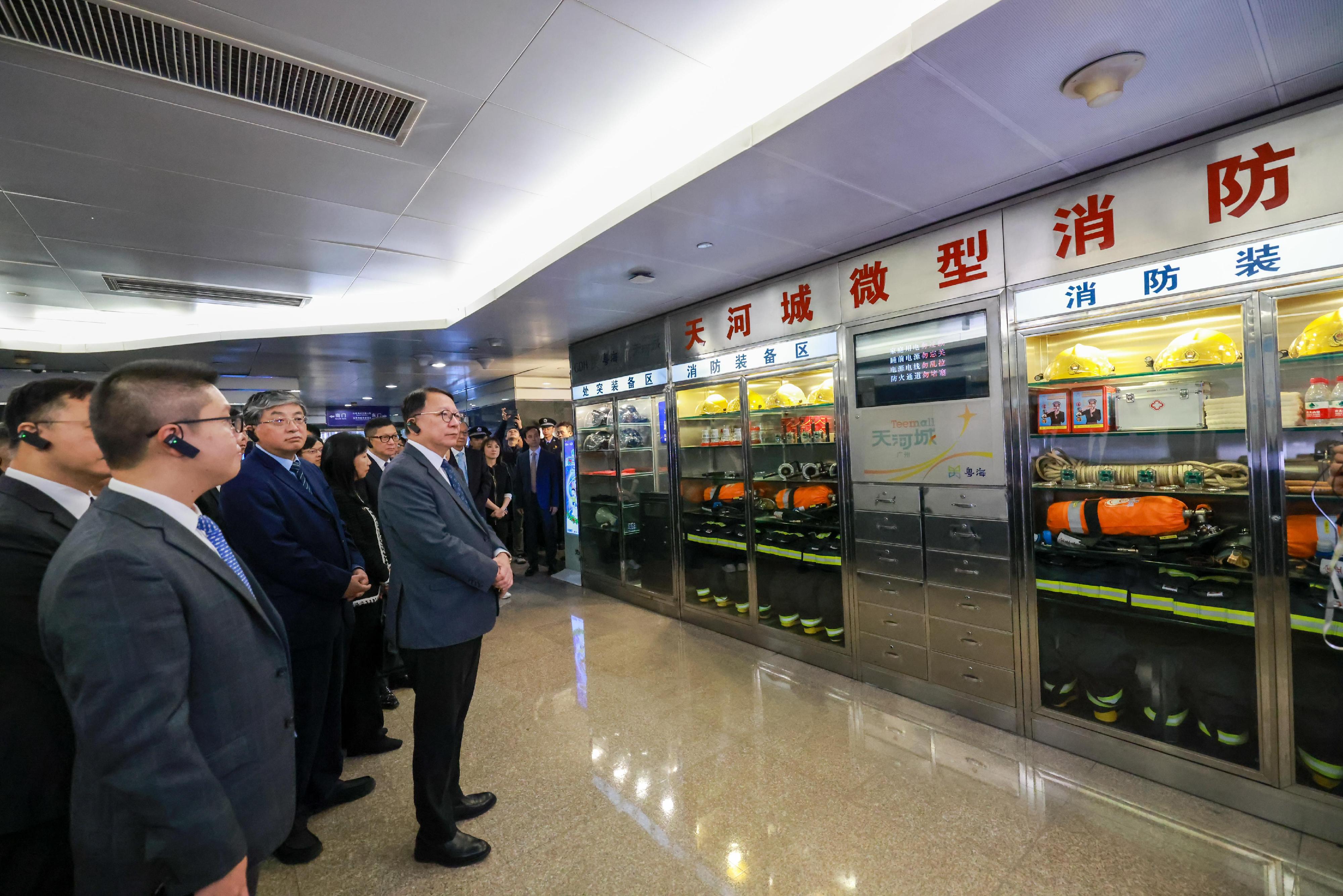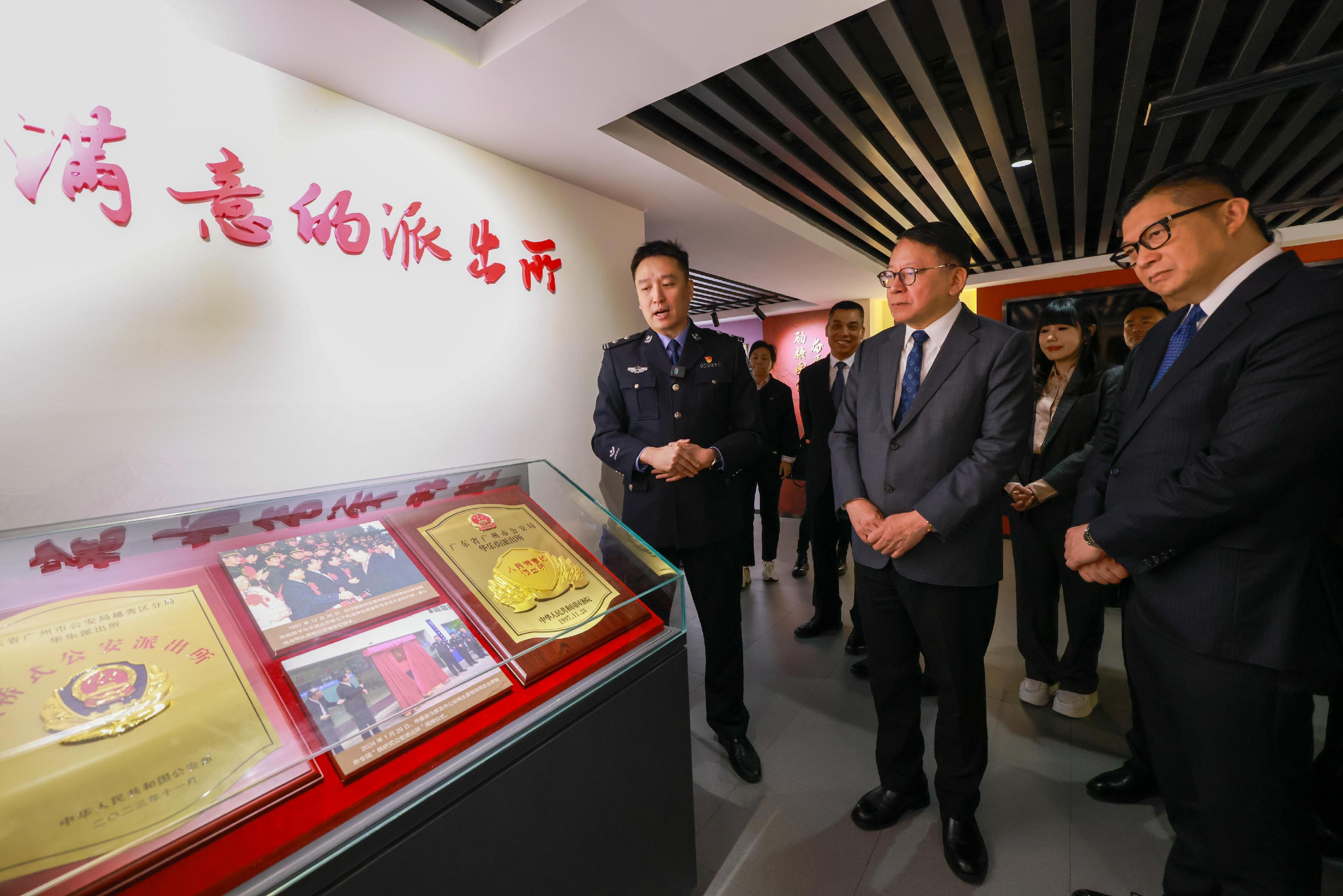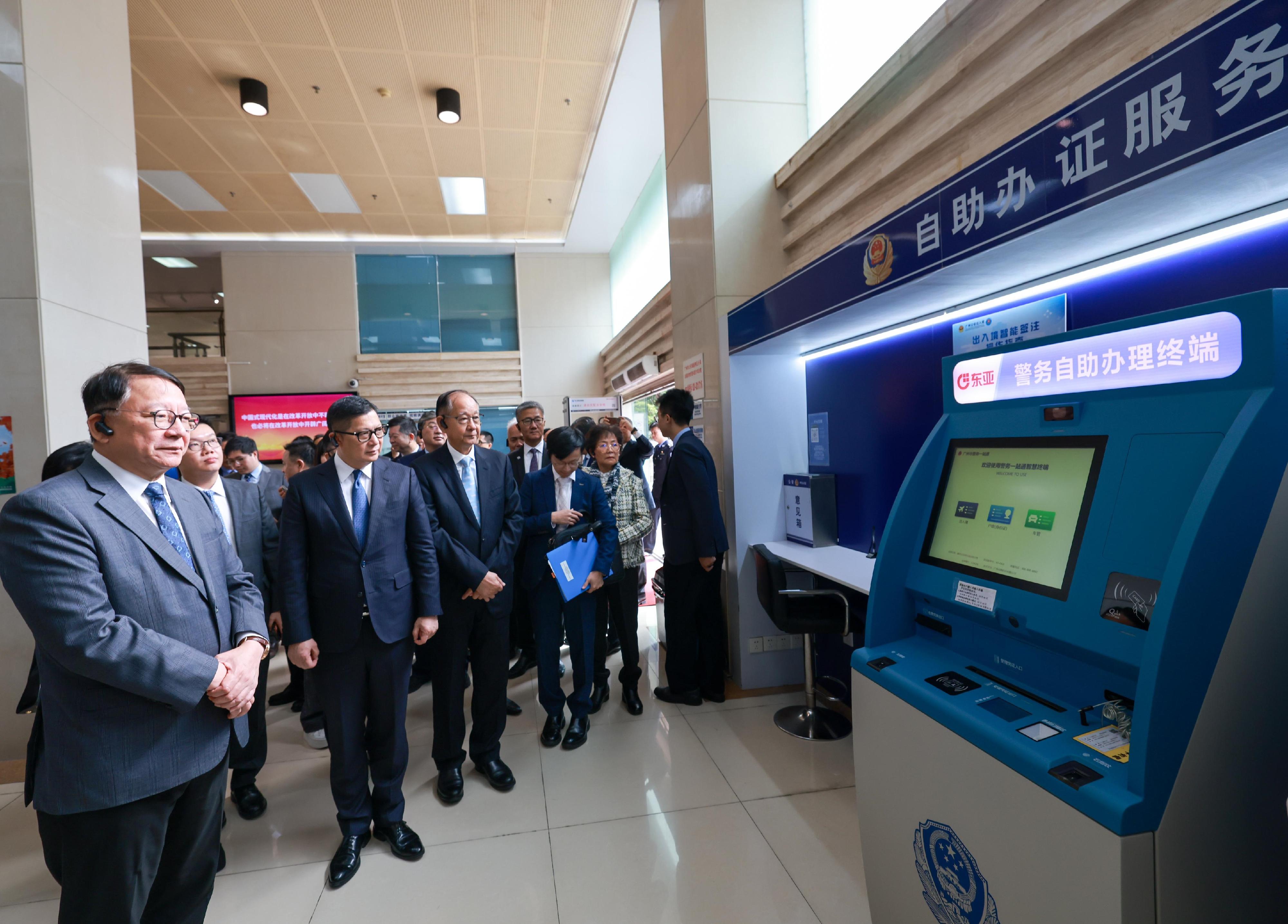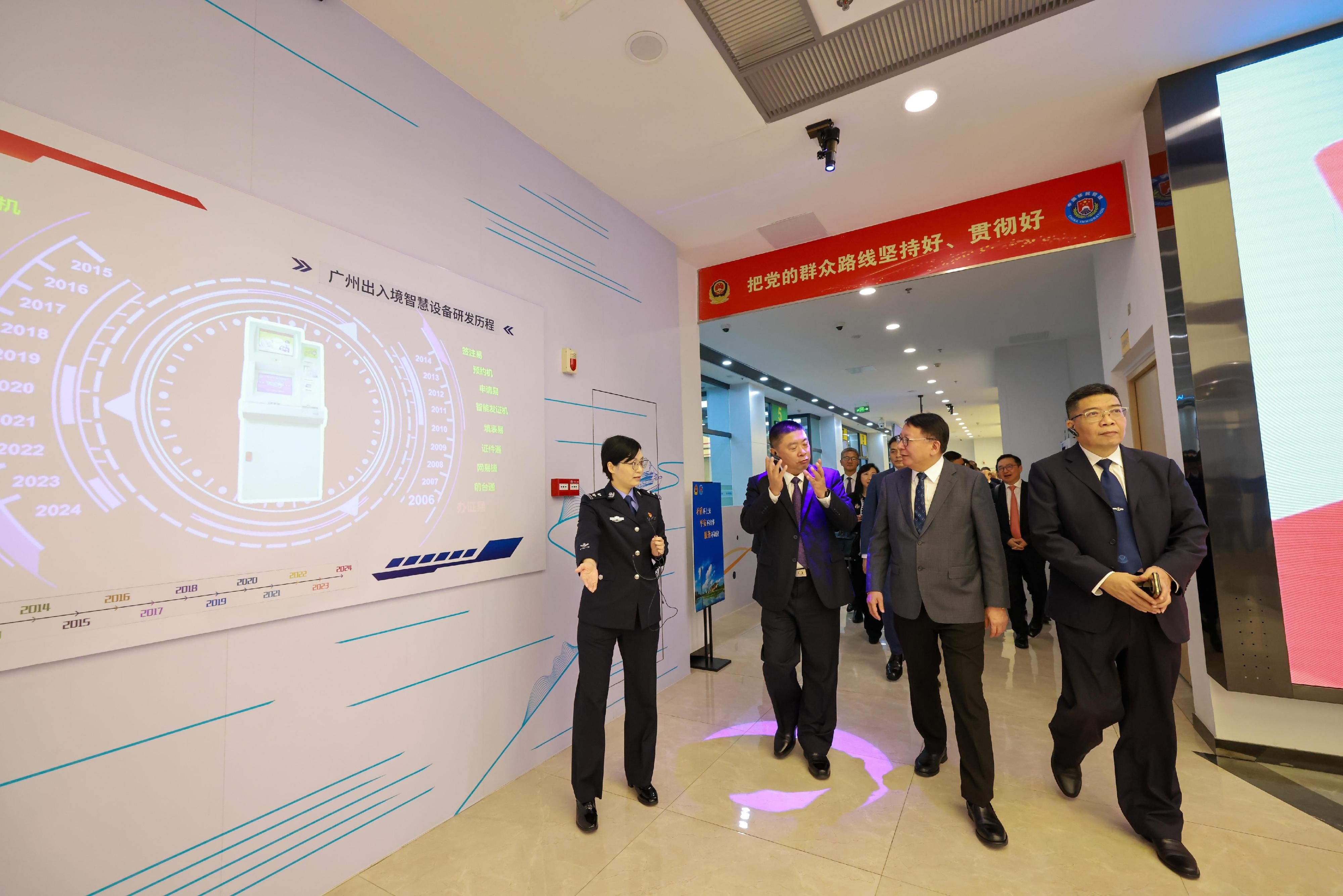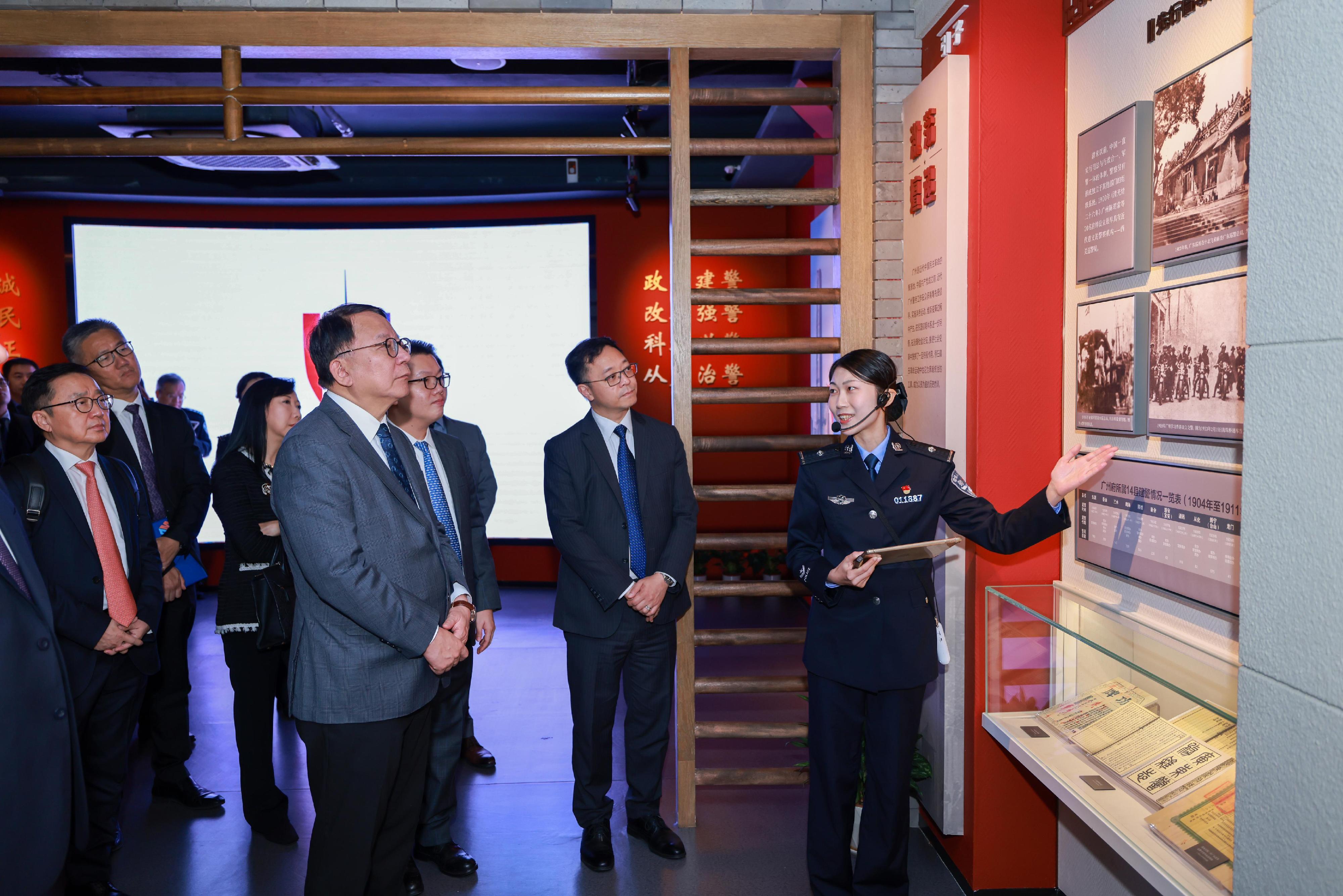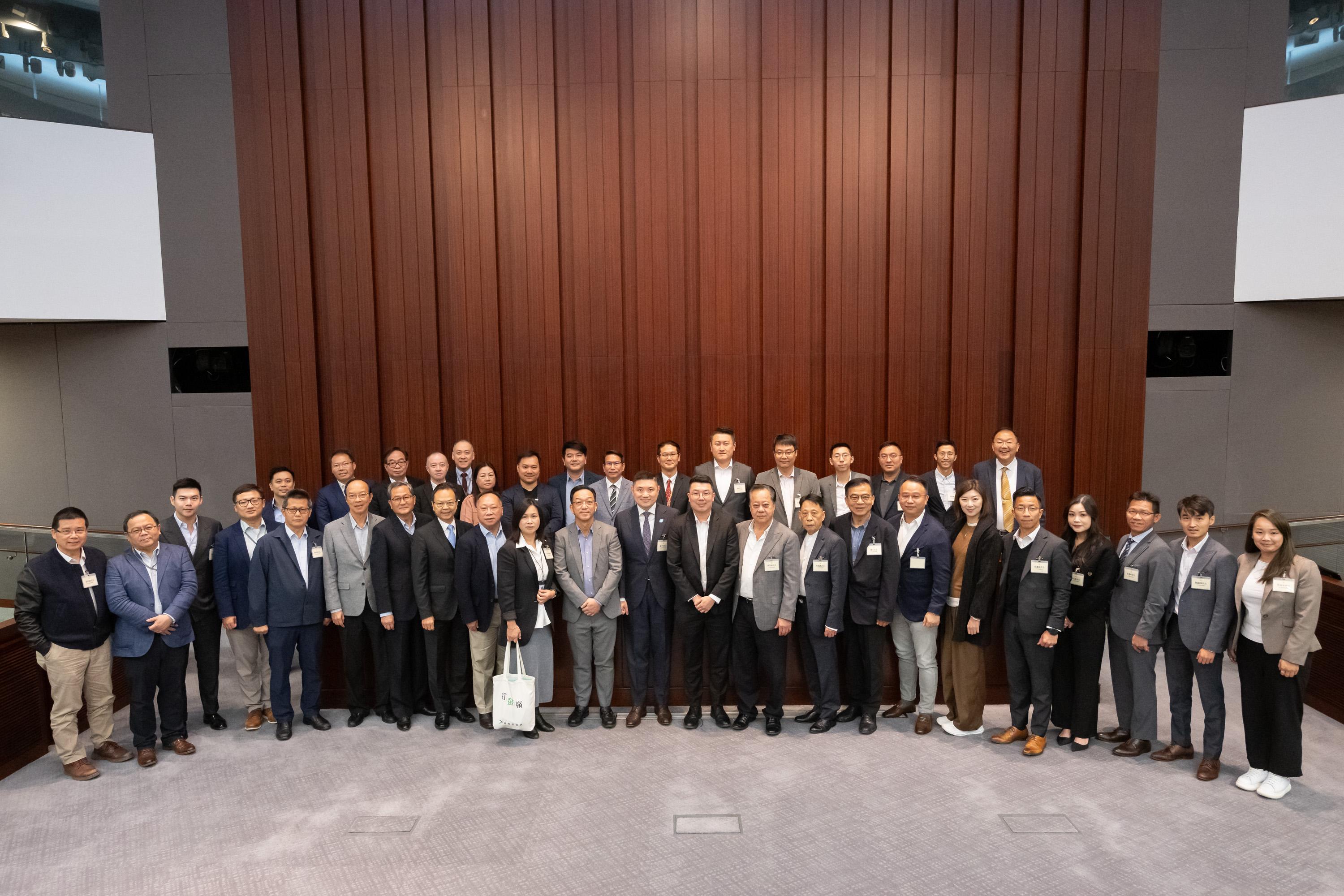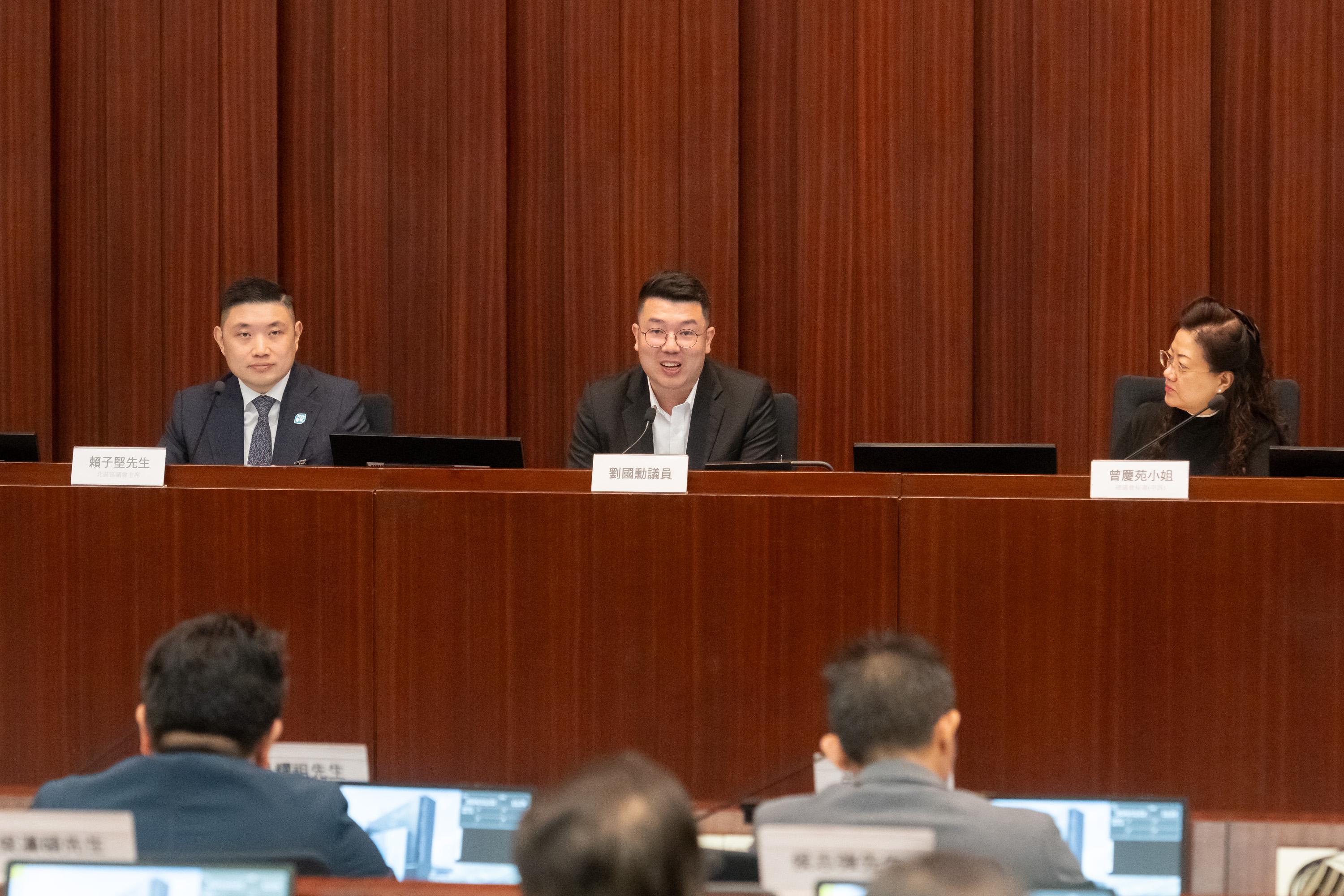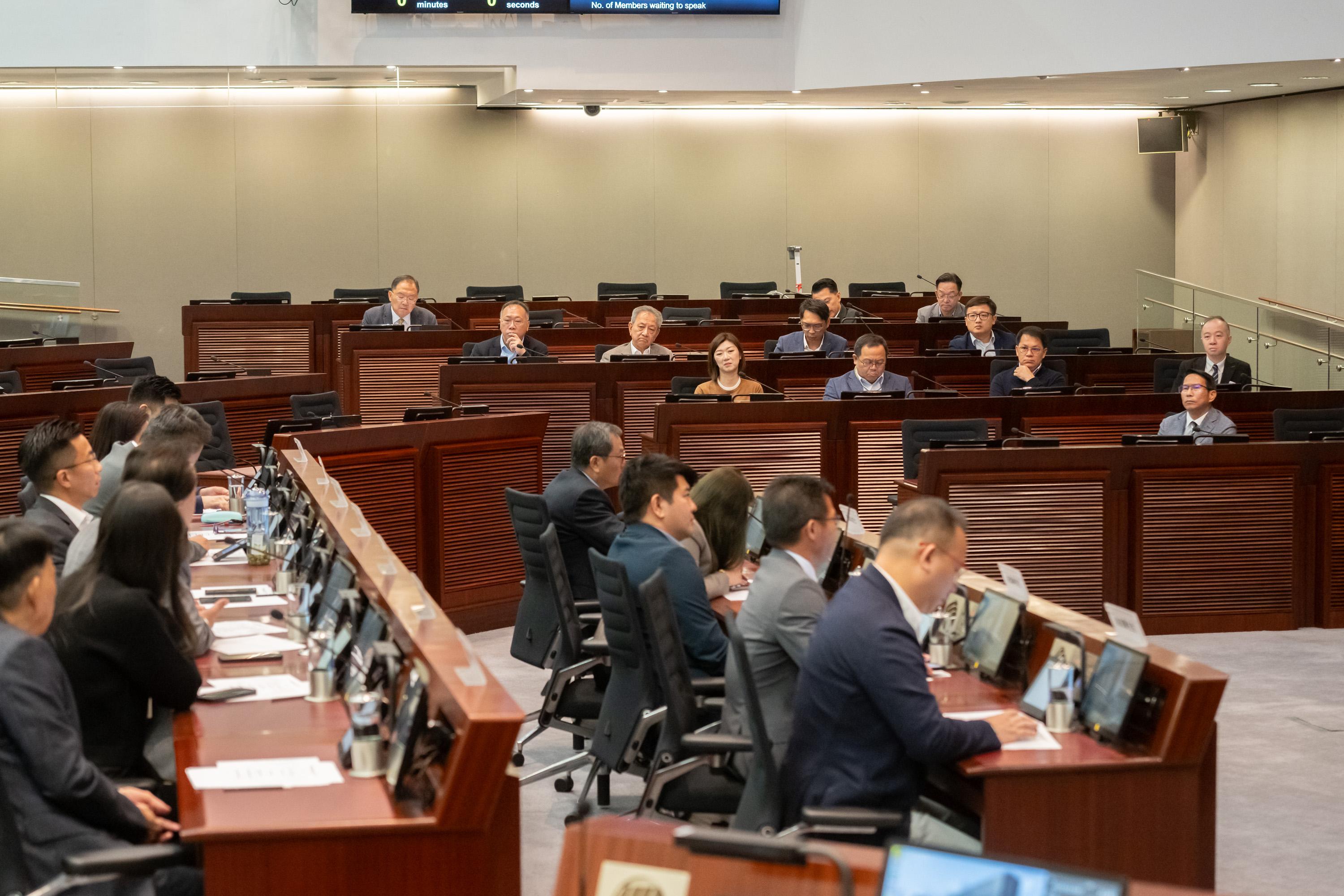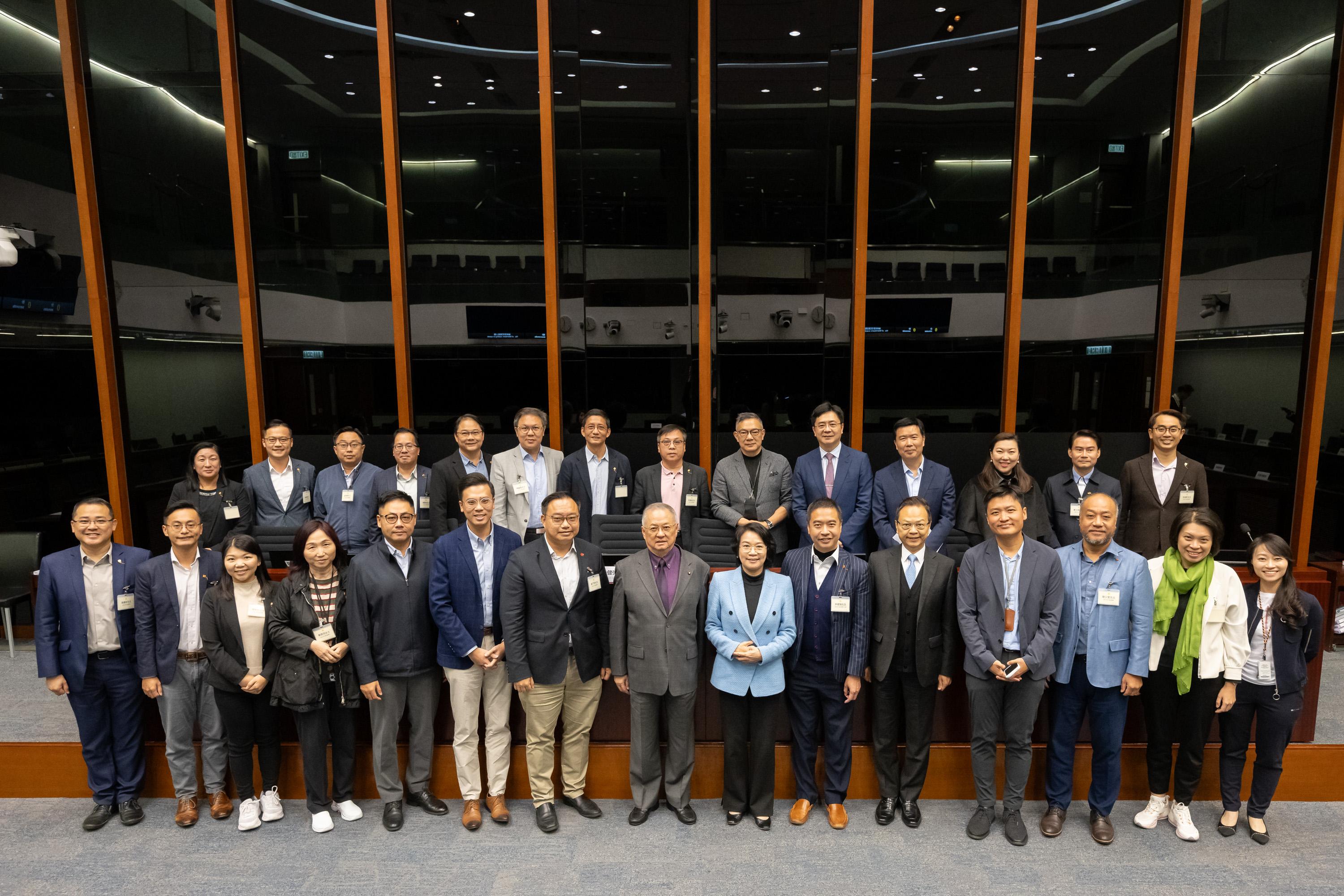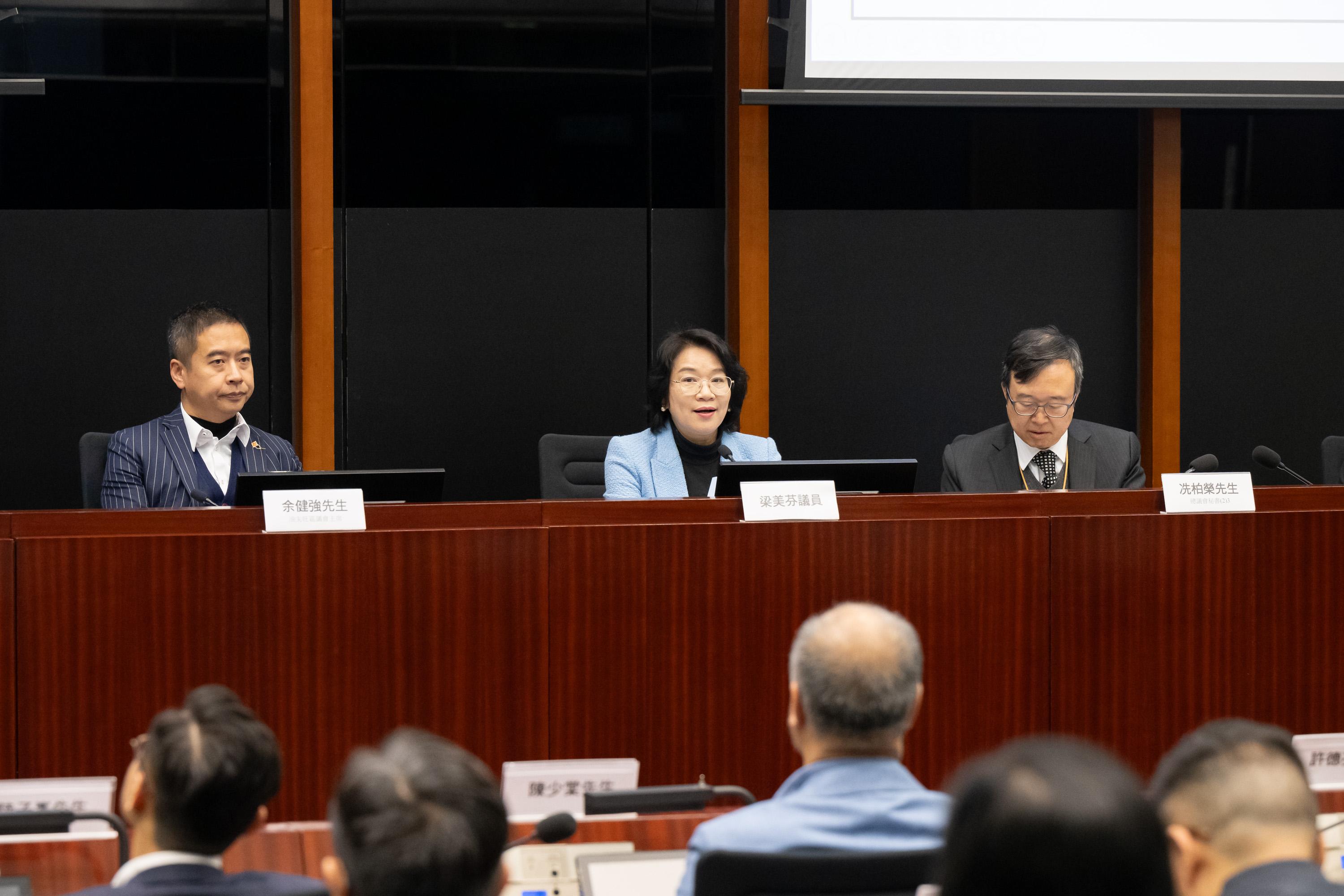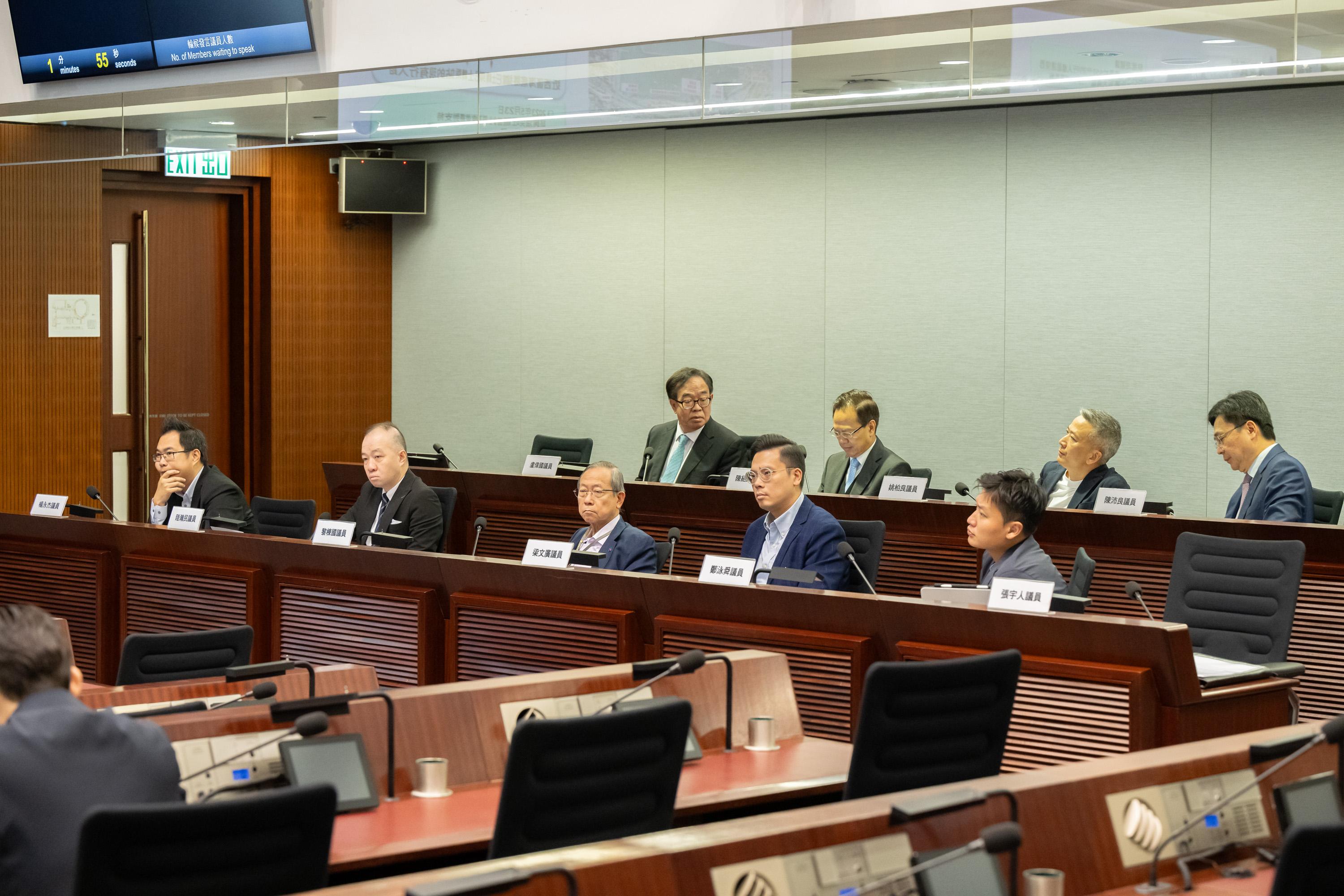Regarding earlier media reports on the alleged use of cable trunkings with a coating thickness not meeting the standard in public works projects, the Architectural Services Department (ArchSD) followed up immediately and, together with relevant government departments and public organisations, arranged sample taking, testing and reporting by accredited laboratories for 148 ongoing works contracts (including public works projects and public sector contracts) involving cable trunkings to ascertain the compliance with the contract requirements on coating. All the related testing work has been completed.
Some of the works contracts involved more than one cable trunking supplier. Among the 185 cable trunking supplier contracts involved in the 148 works contracts, the cable trunking samples of 142 supplier contracts complied with the contract requirements. The samples in the remaining 43 supplier contracts, involving three cable trunking suppliers did not comply with the contract requirements. The situation of the coating of cable trunkings not meeting the contract specifications was mainly related to unsatisfactory quality control measures on the part of the contractors and suppliers concerned.
The spokesman for the ArchSD reiterated that the coating is used to cover the metal shell of cable trunkings to prevent rusting. It does not support any electrical conduction or signalling functions. Insufficient thickness might limit the durability of cable trunkings but has no risk of electrical leakage and does not pose any risks to the safety and health of the building users, the building's structure, fire safety or operations of the facilities.
The spokesman said that for the non-compliant coating thickness of the cable trunkings, the relevant government departments and public organisations have requested, in accordance with the contract terms, the contractors of the relevant works contracts to make appropriate arrangements, including:
(i) For the six works contracts (involving six cable trunking supplier contracts) which are at an early stage of material installation works for the cable trunkings, the contractors have replaced the non-compliant batches of the cable trunking materials without affecting the works programme;
(ii) For the remaining 28 works contracts (involving 37 cable trunking supplier contracts) where prolonged fencing-off of part of the facilities would be required for the replacement works due to the location and extent of the cable trunkings, a hasty replacement at this stage is not desirable lest it would affect the use and operation of the facilities. The relevant government departments and public organisations have arranged with the contractors to increase the inspection frequency, strengthen inspection and maintenance and extend the warranty period of the material, with replacement to be undertaken as and when deemed necessary. Anti-rusting devices on the cable trunkings would also be installed if feasible; and
(iii) The charges required for the arrangements in (i) and (ii) above were totally borne by the contractors and no additional expenses to the relevant government departments or public organisations were incurred. In accordance with the contract terms, the relevant government departments and public organisations will claim against the contractor(s), as in prevailing practice, if extra expenses and losses are incurred due to the non-compliance of material standard.
In accordance with the works contract terms, the relevant government departments and public organisations have also reflected the non-compliance with contract requirements in the Contractor's Performance Reports, and the assessment will affect their opportunities of being awarded public works contracts in future.
In addition, the ArchSD, together with relevant government departments and public organisations have, since November 2023, enhanced the procedures for inspection and acceptance of the coating of cable trunkings for all on-going contracts which are under construction and all new works tenders invited, as follows:
(i) imposing more specific requirements for documentary proof from contractors on the coating of cable trunkings, including specifying that the manufacturer's certificate of accreditation to recognised Quality Assurance System submitted shall be issued within the past three years; and that the test report by an accredited laboratory submitted shall show that the material tested is of the same batch as material used for the contract; and
(ii) based on the risk-based approach, conducting on-site sample tests as part of the inspection and acceptance procedures for the coating of cable trunkings.
